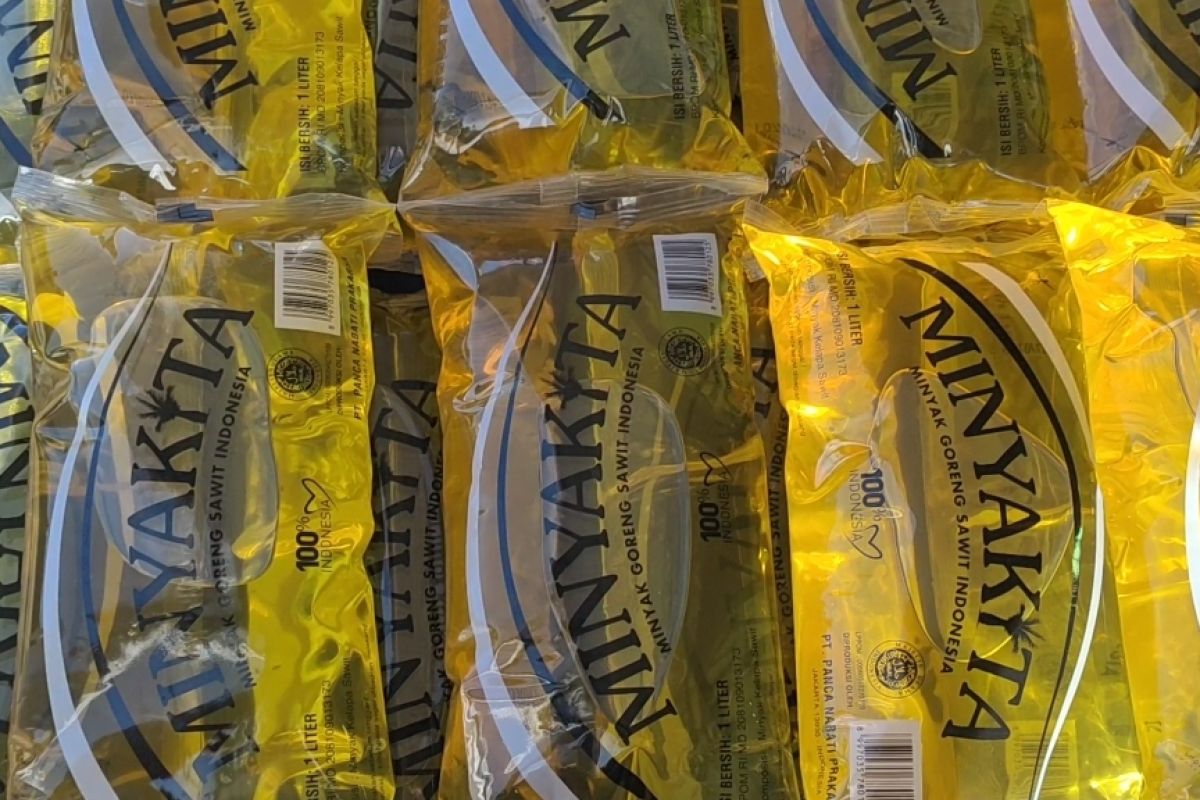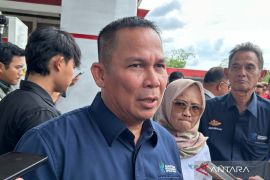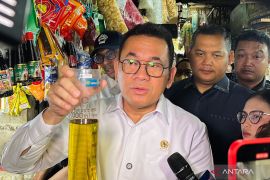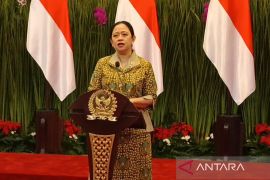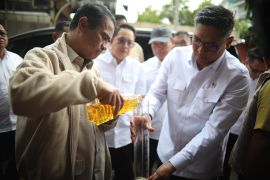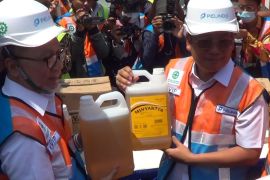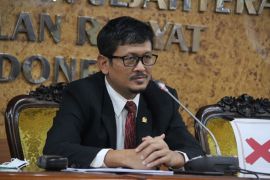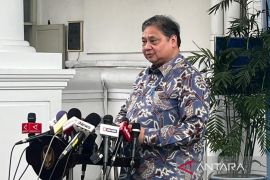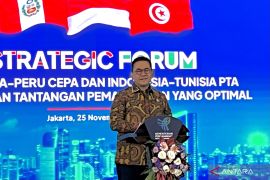According to Bank Indonesia’s Information Center for the Price of Strategic Food Commodities (PIHPS), the national average price of bulk cooking oil reached Rp15,450 (US$1.03) per kilogram (kg) as of July 29, 2022, which was only slightly lower than the highest retail price (HET) of Rp15,500 (US$1.03) per kg or Rp14 thousand (US$0.93) per liter set by the government.
The price certainly came as a relief for the community who had to bear the brunt of the price spike and limited stock of the commodity for almost seven months.
According to data from the PIHPS, the average national monthly price of bulk cooking oil stood at Rp18,700 (US$1.24) in January this year; Rp17,550 (US$1.16) in February; Rp18,050 (US$1.2) in March; Rp19,900 (US$1.32) in April; Rp18,850 (US$1.25) in May; and Rp18 thousand (US$1.19) in June.
In addition, the constant changes in cooking oil regulations in a short span of time created business uncertainty.
Thus, when President Joko Widodo (Jokowi) designated Zulkifli Hasan as the new trade minister on June 15, 2022, he asked him to handle the problem.
The new minister promised to provide solutions to the issues soon. He discussed bringing the surging price to the HET level with several palm oil business actors.
Further, he routinely visited traditional markets, both inside and outside Java Island, to monitor the price and availability of cooking oil products as well as other basic necessities, whose high price he said was a cause for surprise.
Related news: Government continues to improve welfare of palm oil farmers: VP
On July 6, or about two weeks after his inauguration, Hasan launched a simple packaged cooking oil brand, ‘Minyakita,’ at a price of Rp14 thousand per liter to meet public demand for the commodity.
The launch was part of the government’s efforts to distribute cooking oil obtained through the Domestic Market Obligation (DMO) mechanism in simple packaging.
The minister said that simple packaged cooking oil would help the public to purchase the commodity and the distributors to evenly disburse the product throughout the country.
Minyakita is a trademark owned by the Trade Ministry and has been registered with the Law and Human Rights Ministry with the certificate number IDM00203152.
Cooking oil producers and packaging industry players can ask the ministry for a permit to use the brand, which will be valid for four years and can be extended.
Hasan assured that the production of the simple packaged cooking oil will not cut the supply of bulk cooking oil in the markets since Minyakita has been launched to help resolve distribution issues and provide alternative products to the people.
Related news: Minister promises dispatching cooking oil stocks for Papua, Maluku
Dialogue with farmers
In addition to massively distributing Minyakita to stabilize cooking oil prices, the government has also used the upstream approach to tackle the problem and benefit oil palm farmers.
As part of this approach, Minister Hasan held a dialogue with the Indonesian Palm Oil Farmers Association (Apkasindo) in several regions to take suggestions from farmers for consideration in the policy-making process.
During a dialogue with the association in Lampung province, it was found that the price of oil palm fresh fruit bunches (FFB) at the farmer level was very low. Thus, Hasan asked manufacturers to purchase FFB at a price above Rp2 thousand (US$0.13) per kg.
The farmers of Apkasindo in East Kalimantan province also faced the same problem. Hence, the minister ensured that a fair oil palm FFB price could be realized.
One of the minister’s plans to increase the price was to boost the export value of crude palm oil (CPO) so that exporting companies could absorb the FFB produced by farmers.
The rationale was that if the purchasing power of the commodity increases, its price would also gradually climb. And thereby, it would improve the welfare of farmers.
Furthermore, Hasan also said that the development of simple bulk cooking oil processing technology is also another effort that has been conducted to raise FFB prices.
His ministry will develop a pilot project for a simple oil refining process for red bulk cooking oil, which will be produced by cooperatives. If the project succeeds, it will help in absorbing the production of oil palm farmers.
In addition, he is planning to revoke the DMO and Domestic Price Obligation (DPO) regulations to raise the price of FFB. However, the policy will be discussed first with business actors and other stakeholders.
Related news: Red palm cooking oil cheaper than RBD palm oil: minister
Policy consistency
The series of policies issued by the government to maintain the price and supply stability of cooking oil must not be a knee-jerk, but a well-considered response.
Policy consistency will build the market’s trust in the government’s decision and allow business players to adjust better to changes in the future.
However, if the policy shifts frequently in a short time, the market will delay business decisions due to uncertainty. This could lead to limited production, goods scarcity, and a surge in prices, which would burden consumers.
Institute For Development of Economics and Finance (Indef) economist Dzulfian Syafrian said that when the market is dominated by a few companies, but the state has limited ability to control it, then it is possible that the supply and price of commodities would be determined by the most dominant business player in the market.
Hence, it is important to establish a competitive market so that producers and distributors do not manipulate the market.
Given the current attempts to control the price and supply of cooking oil, it seems that the government’s policy will not change again in the near future. So, business actors will be able to make better business decisions regarding the production and distribution process.
Related news: Gov't resolute in anticipating food and energy crises: Trade Minister
Related news: Trade Minister asks cooking oil producers to fulfill local demand
Editor: Fardah Assegaf
Copyright © ANTARA 2022
